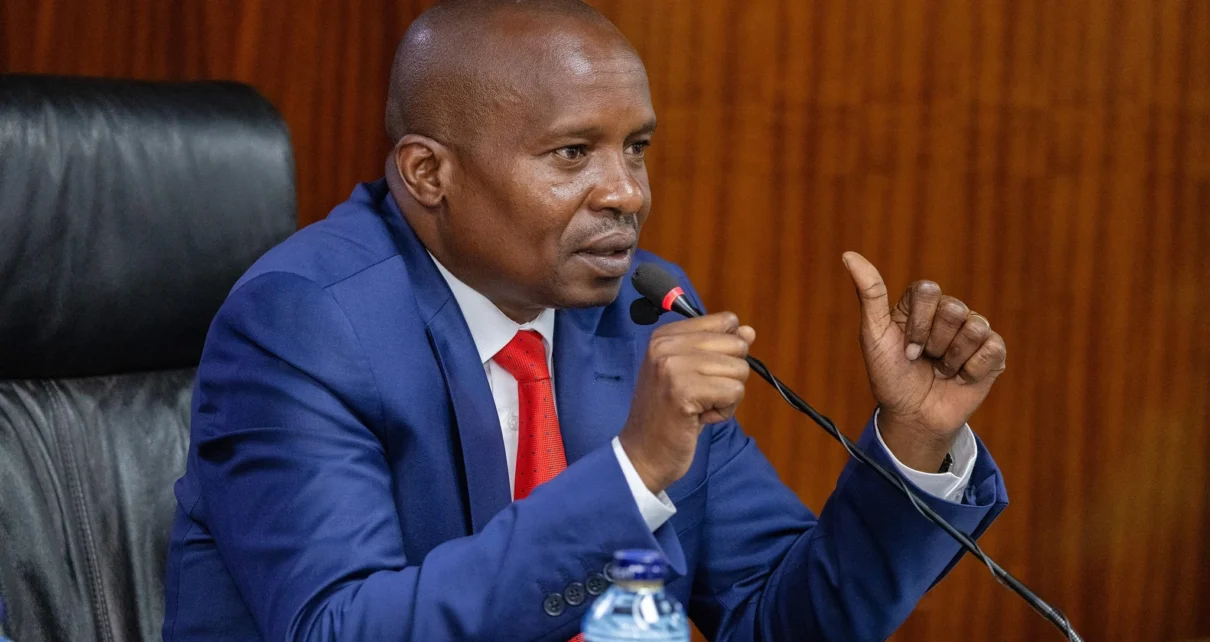Interior Cabinet Secretary Kithure Kindiki has opened a new chapter in Kenya’s simmering political tensions after revealing that he once advised former Deputy President Rigathi Gachagua to avoid challenging President William Ruto during the first term of the Kenya Kwanza administration. Kindiki’s remarks shed light on the behind-the-scenes conversations that occurred long before the public began witnessing sharp disagreements within the ruling coalition.
According to Kindiki, the warning he issued to Gachagua was both simple and strategic: any political ambitions should be pursued in the President’s second term, not during the first. The first term, he argued, should be dedicated to governance, stability, economic repair, and fulfilling campaign promises to the electorate. Introducing early succession politics, he cautioned, would only create tension and weaken the administration’s ability to function smoothly.
In hindsight, Kindiki’s advice reads almost like a prophecy. The political storms that have rocked Kenya Kwanza — from public confrontations to veiled threats and rival camps forming within government — now seem to confirm the very danger he warned against. Gachagua’s growing friction with top government officials, including the President’s close allies, demonstrates how internal competition can quickly escalate into a national political spectacle.
Kindiki’s revelation also offers a deeper insight into the power dynamics within Kenya Kwanza. It implies that concerns about Gachagua’s political posture were present long before the disagreements became public. His statement paints a picture of a coalition that may have been struggling internally from its early days, perhaps held together only by the urgency of winning power and stabilizing the country.
Furthermore, Kindiki’s comments raise broader questions about leadership, loyalty, and strategy in Kenyan politics. Should a sitting Deputy President express ambition openly, or should he maintain political restraint to avoid destabilizing the government he serves? Should political leaders wait for the “right time” to assert themselves, and who determines when that time is?
In Kenya’s highly competitive political environment, timing often determines survival. For Gachagua, ignoring Kindiki’s counsel may have contributed to the strained relationships now evident across the ruling coalition. For Ruto’s administration, the internal turbulence poses a challenge — not only to unity but also to public confidence.
Ultimately, Kindiki’s revelation is not just a personal anecdote; it is a window into the delicate balance of power within the country’s leadership. It shows the importance of patience, restraint, and strategy — virtues that, if overlooked, can lead to political instability. As Kenya moves closer to the next election cycle, the fallout from these past decisions is likely to shape the future of both Gachagua and the Kenya Kwanza government.



